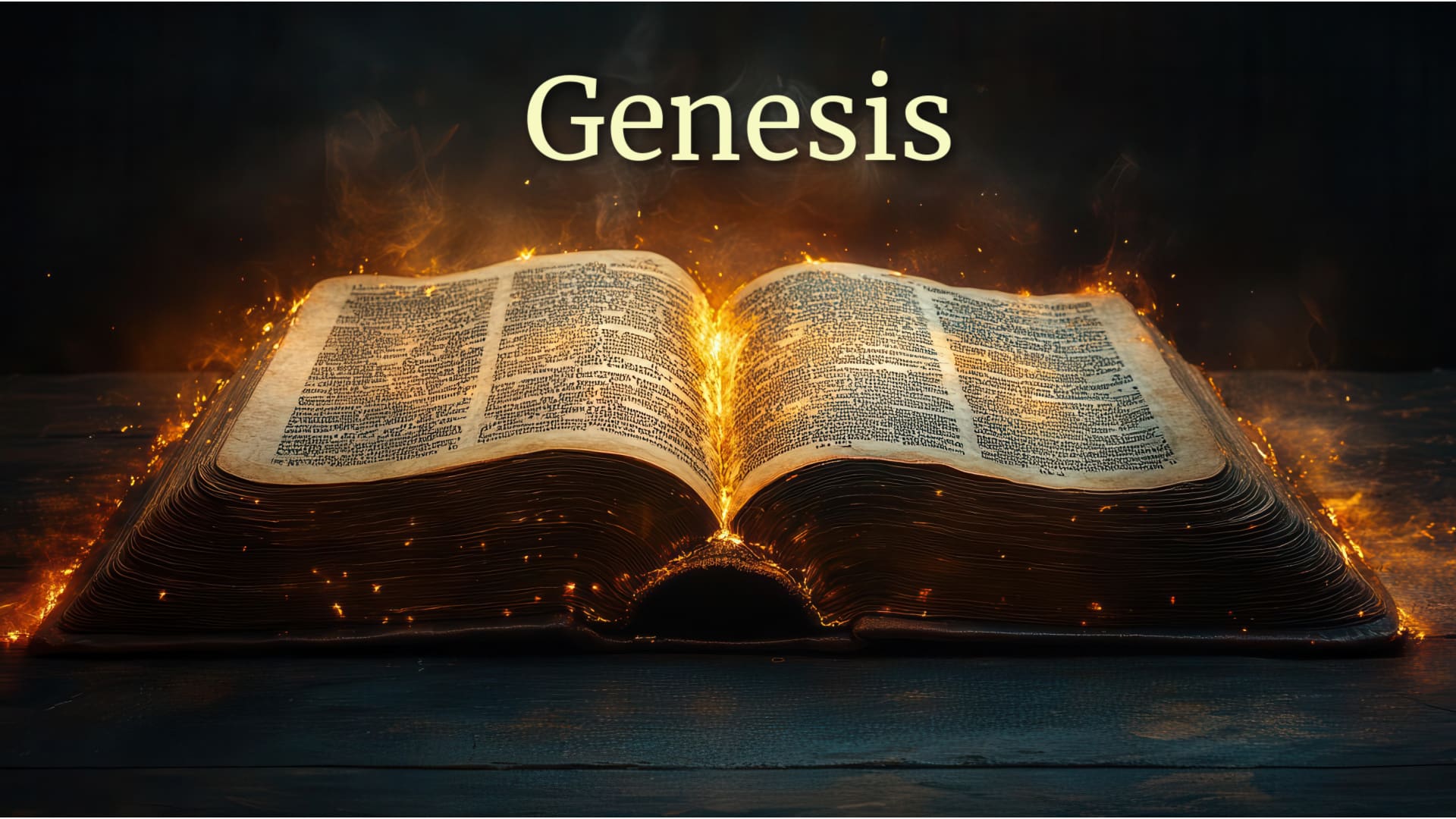
Cain’s Alternative Culture
Then Cain went away from the presence of the Lord, and dwelt in the land of Nod, east of Eden. Gen. 4:16
God cursed Cain (4:11)! Nothing could be more serious! As we said previously, God did not curse Adam or Eve, for then the whole human race would be under divine curse. Cain was warned of his anger, that he must fight the beast, but he chose not to deal with it. Murder removes the sympathy and connection one has by nature to the earth. Thus detached, one becomes a fugitive and wanderer. In response, Cain offers up a lament, but it is important to notice that it is not a confession. Cain, like his parents before him, did not have it in them to repent. His lament is very theological (4:13-14). Being no longer able to work the land separates him completely from any connection at all from Eden (2:15). In the creation model, this means that Cain can no longer be a functionary in God’s cosmic temple. The phrase “and from your face I shall be hidden” is a cultic/liturgical expression, for to see God’s face is the ultimate experience of worship. Cain lost his place in the cosmic temple! He “went away from the presence of the Lord … east of Eden,” here not a geographical place, but a symbol of alienation (4:16).
Cain is also fearful that justice will be served, be avenged for his act, and killed. It can only be seen as an act of grace to Cain that God placed a protecting mark on his forehead. God will avenge his killer seven fold. Can we see in this any hope for spiritual restoration? After all, why should God care about an accursed man? The text is silent on this, but we do see that in the end, Cain’s line, rather than profiting from this divine grace and patience, takes advantage of it. Lamech boasts to his wives that he has killed with ease and no contrition, and if God protected his murderous ancestor seven fold, why shouldn’t he be protected seventy-seven fold? The contrast between Cains’s lament and Lamech’s mockery suggests that Cain’s line has evolved into a culture of careless violence in just 5 generations.
This culture must be seen as an alternative existence to the one God originally intended, that of the cosmic Temple. We see that Cain’s line introduced the city to humanity, nomads herding cattle, musical instruments, and the forging of bronze and iron. In and of themselves these cultural inventions seem harmless and even helpful. However, in the context of Cain’s line we see that these innovations are pieces of a cultural mélange that forms a gloomy substitute to the Garden of Eden. Implicit are the dark sides of these motifs; cities where men unite against God, nomadic existence detached from the land, music that distracts the mind from God, and metals forged into weapons of war.
Cain’s alternative culture is the context for chapter 6 where angelic beings, obviously fallen, cohabited with women. This, of course, is an unholy mixture contrary to creation where every creature is to reproduce after its own kind in God’s holy Temple. Juxtaposed is the memory of the Nephilim, a powerful race of occult warriors, suggesting that they were the offspring of this unholy union. The wickedness is almost complete (6:5) but for one man Noah. When God first created in Genesis 1, He saw that it was good. Now God saw the earth, and it was corrupt (6:12) and filled with violence (6:11). Blood spilled in the sanctuary profanes it; evil progressed to the point where the Temple must be cleansed.
In this antediluvian world we see a pattern that will repeat itself over and over again: action/city building to technology/entertainment to war to demonic union and finally to judgment. It happens again in the postdiluvian world. It is the world we live in now, a culture of Cain-like existence. Yet, this culture is alien to the original plan, and therefore cannot be established, for God has created it for a purpose that cannot be overturned. Creation is the temple of God, and we must experience it as such to be whole, to truly be ourselves.
Takeaway: Sin separates people from relationships, both with God and others, making them exiles from the temple of God, and creating alternative cultures.
Questions:
- Why is it so hard for humanity to come to grips with its obvious sins and unable to repent?
- What do we learn about God in the face of all this?
- Do you see “alternative cultures” in today’s world?
0 Comments